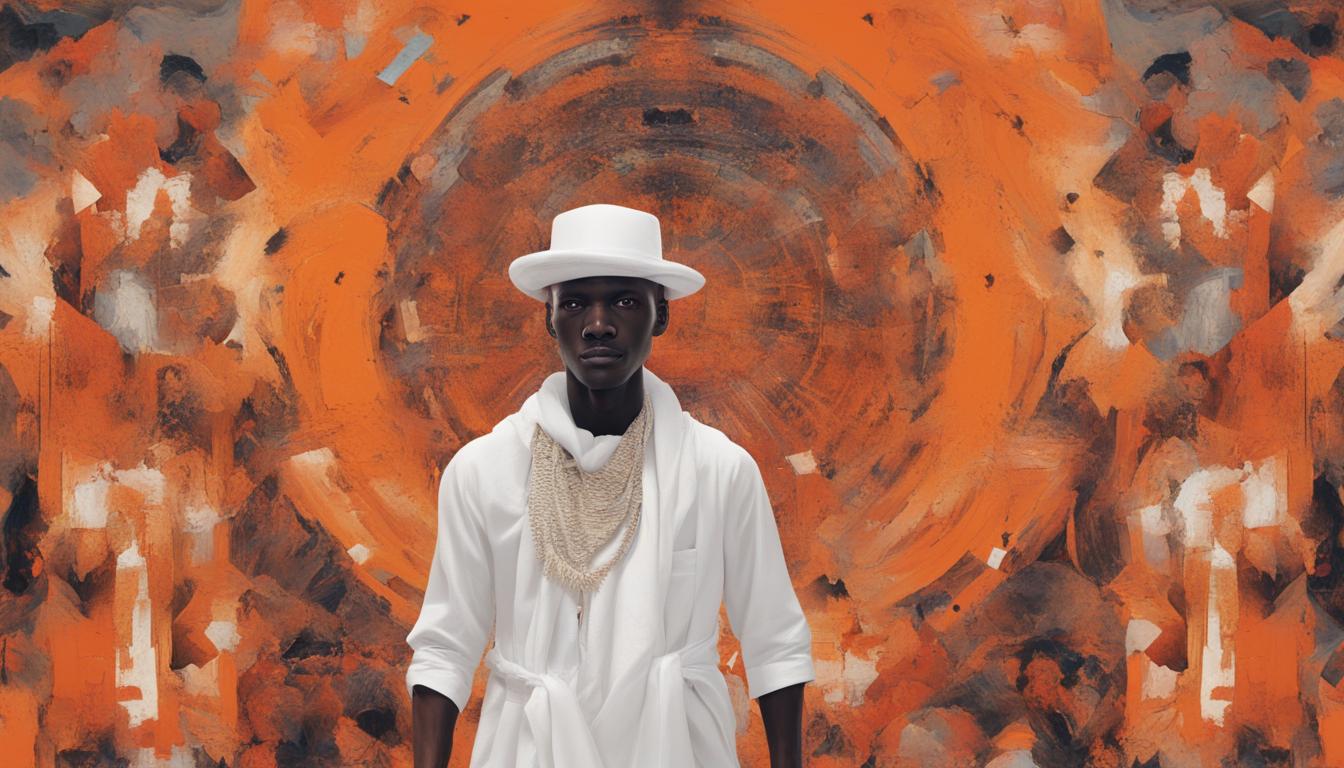On April 24, 2023, in Port-au-Prince, Haiti, practitioners of Vodou gathered during the St. George celebration, where a Vodouist dressed in white invoked a gede spirit. This religious event took place amid escalating violence in Haiti, marked by significant gang control and heightened insecurity that has impacted daily life severely.
The Vodou religion, entrenched with deep historical roots in Haiti since the era of slavery, has experienced both oppression and resurgence over the years. Originally brought by enslaved West Africans, Vodou blends Catholicism with traditional African beliefs and continues to serve as a spiritual backbone for many Haitians amidst ongoing crises.
Recent reports indicate that followers increasingly turn to Vodou for support and protection against the backdrop of gang-related violence that has left thousands killed or injured and contributed to a dire humanitarian crisis. The United Nations noted a sharp rise in violence from January to March 2023, with casualties and injuries increasing by over 50% compared to the previous year.
Historically, Vodou has faced significant stigma and persecution, including during periods such as 1941 when the Catholic Church demanded public renunciations. Despite these challenges, the religion gained official recognition in Haiti in 2003 when then-President Jean-Bertrand Aristide acknowledged it as one of the nation’s religions.
The current surge in violence and instability has not only seen an increase in those practicing Vodou but has also drawn more intellectuals and previously unaffiliated individuals seeking solace and communal support within its practices. These conditions underscore the ongoing importance and resilience of Vodou as both a faith and a cultural identity in Haitian society, especially in times of crisis.
